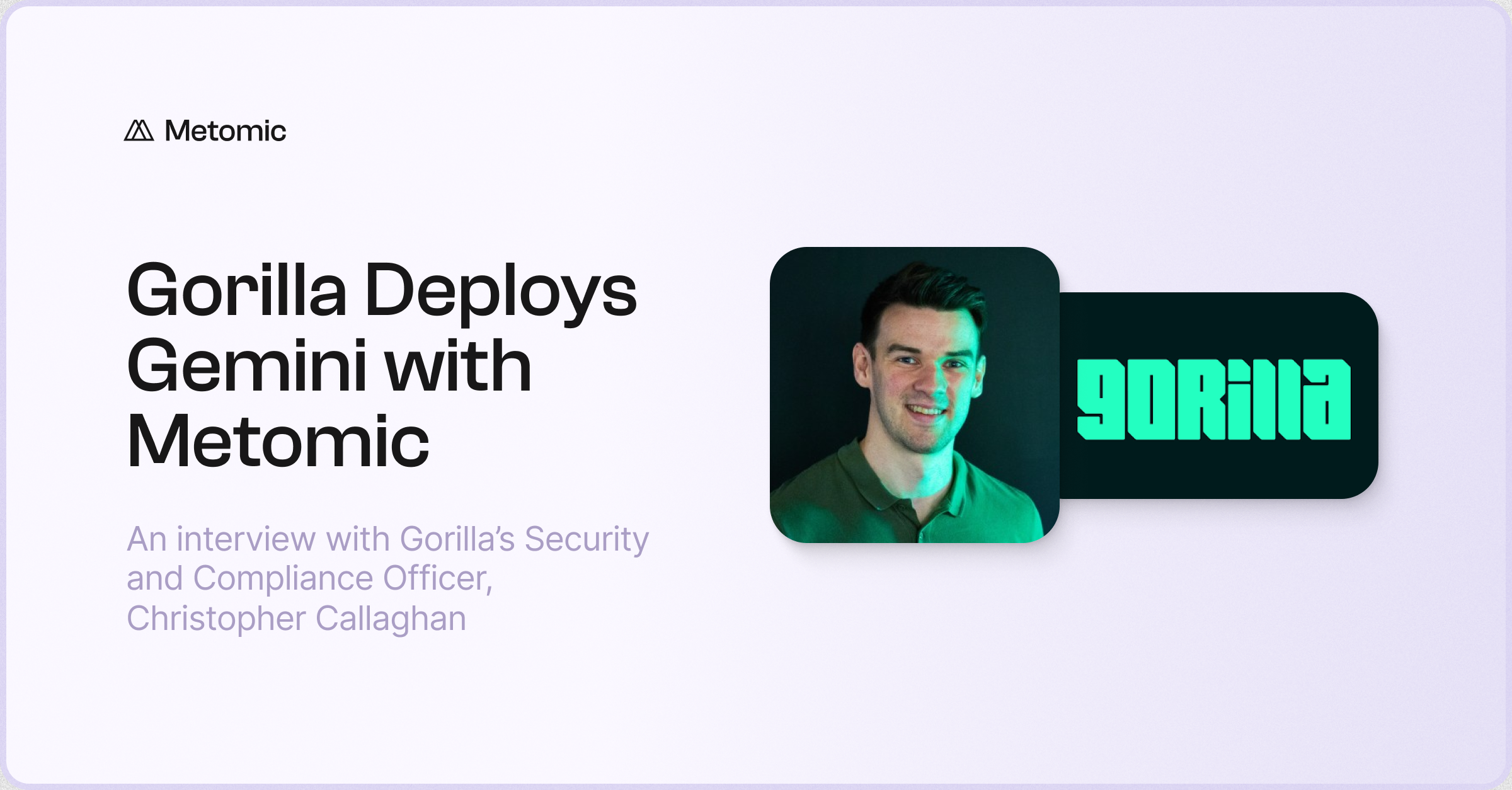Data Security in the AI Age: The Hidden Risks of Enterprise AI Tools and How CISOs Can Protect Against Data Exposure
Metomic's report analyzes six major AI tools: ChatGPT, NotionAI, Glean, Microsoft 365 Copilot, Google Gemini, and Dust AI, revealing how enterprise AI adoption creates unprecedented data exposure risks through OAuth vulnerabilities, permission inheritance flaws, and RAG architecture weaknesses that traditional security controls cannot address.

The enterprise security paradigm is undergoing a fundamental transformation as AI-powered productivity tools reshape the very nature of data risk. While organizations race to harness AI's transformative potential, with 92% of Fortune 500 companies integrating ChatGPT within its first year, a critical security paradox has emerged: the same capabilities that make AI tools invaluable also create unprecedented pathways for data exposure. How are CISOs navigating this treacherous landscape where innovation and vulnerability intertwine?
To illuminate this challenge, Metomic has released "Data Security in the AI Age: The Hidden Risks of Enterprise AI Tools and How CISOs Can Protect Against Data Exposure", a comprehensive white paper examining six widely-adopted AI platforms that are fundamentally altering enterprise threat landscapes. This essential analysis reveals how ChatGPT, NotionAI, Glean, Microsoft 365 Copilot, Google Gemini, and Dust AI create security risks that traditional controls were never designed to address.
The research exposes a stark reality: with 96% of organizations finding ChatGPT in their environments and 90% of SaaS applications remaining unmanaged, security teams face an "AI Security Paradox" where productivity-enhancing tools simultaneously amplify existing vulnerabilities through dynamic data processing scenarios. The white paper demonstrates how OAuth integrations, permission inheritance models, and RAG architectures create new attack surfaces while 55% of employees using AI at work receive no security training. This timely analysis provides CISOs with essential strategic frameworks for implementing pre-ingestion data controls, user empowerment mechanisms, and AI-specific monitoring before these tools transform productivity gains into business-critical data breaches.





